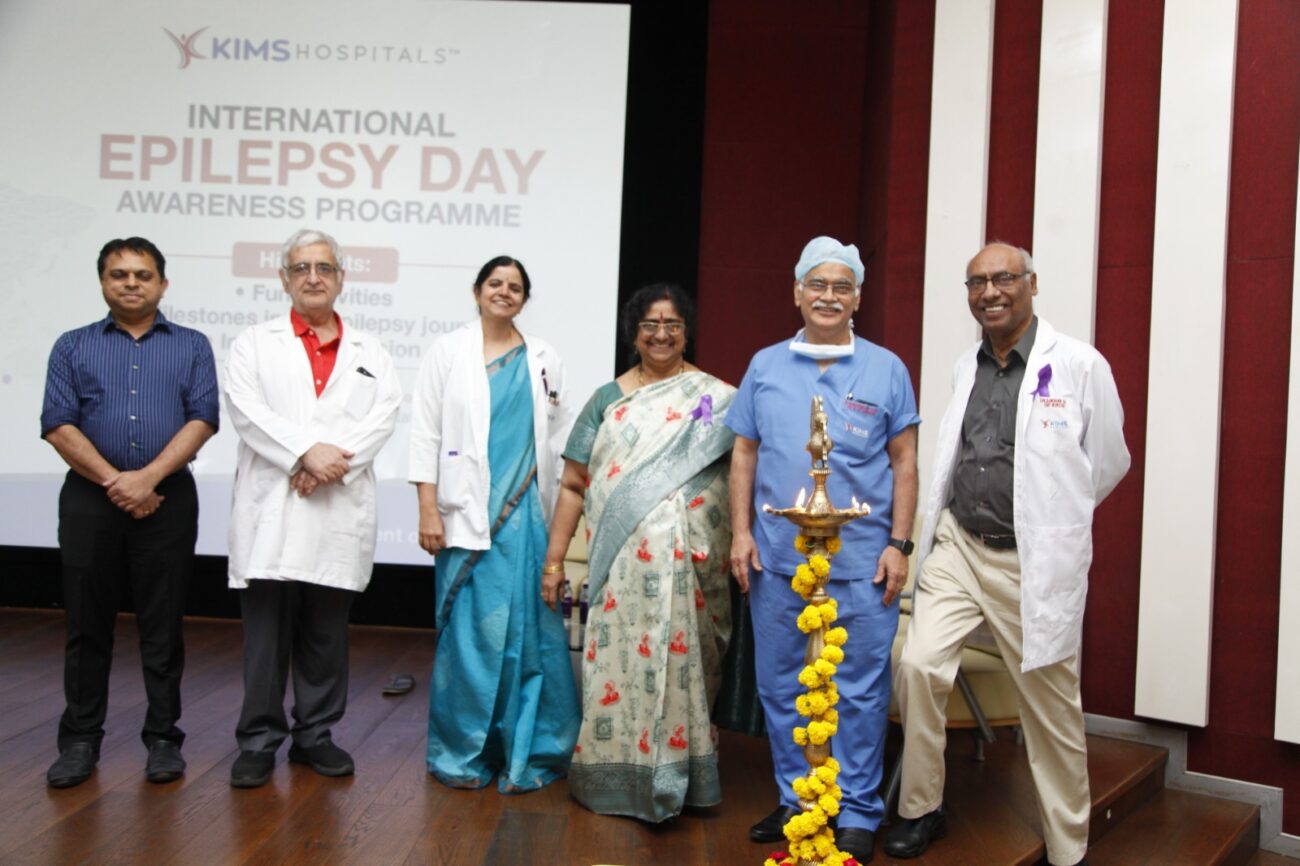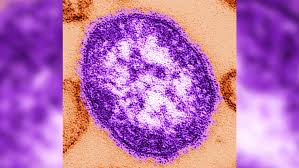Awareness of Epilepsy can eradicate misconceptions
Medicines and surgery can bring relief, it's not contagious * More than 10 million Indians are affected by the disease. * Awareness Conference at KIMS Hospital on the Occasion of International Epileptic Day Dr. Manas Panigrahi, a Consultant Neurosurgeon

Medicines and surgery can bring relief, it’s not contagious
* More than 10 million Indians are affected by the disease.
* Awareness Conference at KIMS Hospital on the
Occasion of International Epileptic Day
Dr. Manas Panigrahi, a Consultant Neurosurgeon at KIMS Hospital, has stated that epilepsy is a common brain disease and over 10 million Indians are affected by it. On the occasion of International Epileptic Day, an awareness seminar was organized at KIMS Hospital in Secunderabad, which was inaugurated by Dr. Bollineni Bhaskara Rao (CMD of the hospital). The seminar was attended by several individuals who have epilepsy and members of the public. This year, the International Epilepsy Day will focus on the journey of people living with epilepsy who have faced challenges in their lives.a
Dr. Sita Jayalakshmi explained that epilepsy affects almost every aspect of the life of the person diagnosed with the condition. For many people living with epilepsy, the stigma attached to the condition can be more difficult to deal with than the disease itself. The lack of knowledge about epilepsy translates into social stigma and exclusion, leading to discrimination against people with epilepsy at work, school, or in the community. Stigma is one of the common features of epilepsy in both developed and developing countries. It can cause serious harm to the physical, mental, and social well-being of a person with epilepsy.” said, Dr. Bhaskar Rao.
Speaking on this occasion, Dr. Manas Panigrahi said, “Epilepsy is a neurological disorder that disrupts nerve cell activity in the brain, resulting in seizures or periods of abnormal behavior, sensations, or even loss of consciousness. It is a curable brain disease that can develop at any age, although it is typically diagnosed before the age of 20 or after the age of 60. It is important to note that having a single seizure does not necessarily mean that you have epilepsy. Typically, at least two unprovoked seizures are required for an epilepsy diagnosis. Even mild seizures may require treatment because they can be dangerous during activities such as driving or swimming. Treatment with medication or, in some cases, surgery can control seizures for around 80 percent of those with epilepsy. Some children with epilepsy may also outgrow the condition with age.
Epilepsy can be caused by a variety of factors such as peri-natal brain injury, infections, traumatic brain injury, stroke, genetic influence, brain tumors, and developmental disorders of the brain. While some of these causes are preventable, there is no identifiable cause in about 30% of those with the condition.”
Who has performed thousands of epilepsy surgeries, believes that when medication fails to control epilepsy seizures, surgery is an excellent and effective option. The misconceptions and stigma surrounding epilepsy have negative effects on patients, hindering their development and self-esteem. Children with epilepsy are often not allowed to participate in games and social activities at school, while older individuals with this condition may face job discrimination, lack of promotions, and exclusion from certain opportunities. Unfortunately, many people with epilepsy are looked down upon due to common misconceptions. Some believe that epilepsy is a mental illness, that those with epilepsy cannot work, or that it is contagious. Sadly, more than half of those with epilepsy experience such discrimination.
‘‘Epilepsy can affect all aspects of a patient’s life. The stigma associated with this condition can be even more challenging to deal with than the disease itself, regardless of whether one lives in a developed or developing country. Epilepsy patients often experience physical, mental, and social difficulties as a result of this stigma. It’s crucial to seek medical attention if a seizure lasts longer than five minutes if breathing or consciousness doesn’t return after the seizure stops, if a second seizure follows immediately, if you have a high fever, if you’re pregnant, or if you’ve injured yourself during the seizure. If you experience a seizure for the first time, it is important to seek medical advice. It’s worth noting that people with epilepsy can achieve anything in life just like anyone else. In fact, with proper treatment, 70% of patients can lead a normal life. Contrary to popular belief, epilepsy is not contagious and patients’ IQ levels are normal. With the right treatment, people with epilepsy can go for jobs, get married, and even have children” explained Dr. Sita Jayalakshmi.






